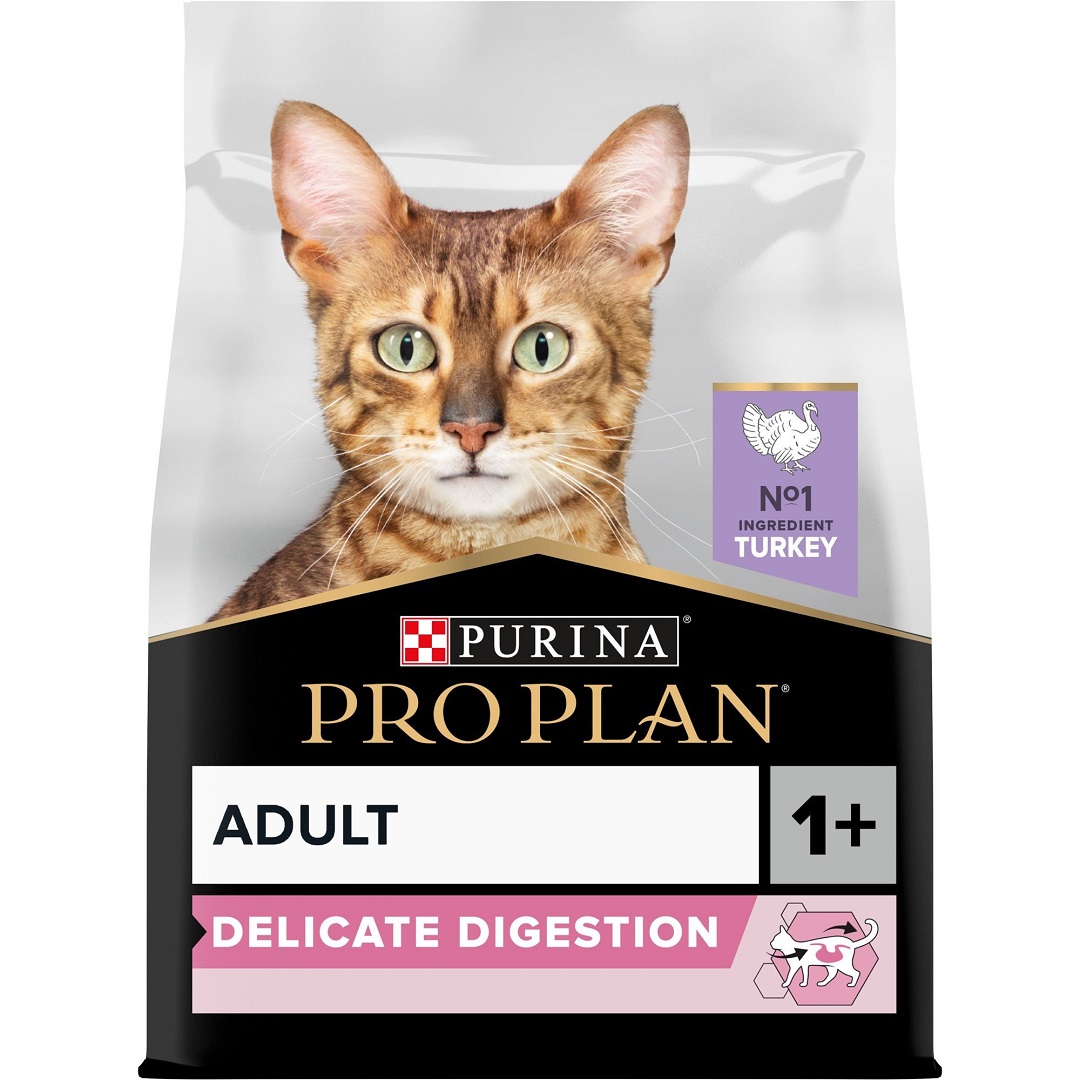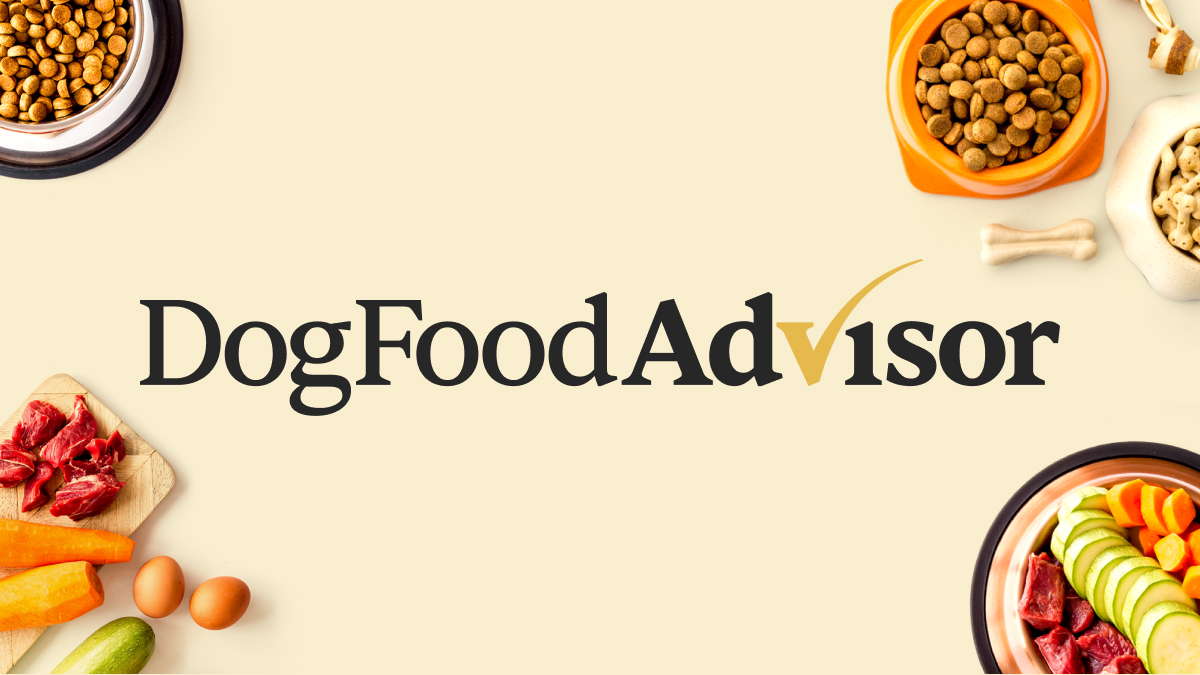And it's not even the just cheap stuff. After trialling another "premium" brand*, and clearing up puke from every room in the house, I have to vent some. *(£1 per 50g or so.)
Just about every brand of cat food inexplicably includes some vegetable or other non-meat ingredient. Vegetable oil. Ground nut oil. Palm oil. Sesame oil. Potato. Rice. Grains.
But buy the more expensive brands and you still get delights such as sweet potato, asparagus, green beans, tomatoes... you name it. Seaweed extract. Seaweed extract? Why not add some cookies and hot chocolate while you're at it... Some of this stuff I had to look up as I don't even know what it is. One of today's bonus ingredients was "slippery elm extract." What the actual cluck is that? Oh, it's some horse**** supplement some hipster types are taking now. Great.
Cats are bloomin' obligate carnivores. They want meat, and minerals, and that's it. What consumer is asking cat food brands to add non-digestible vegetable ingredients? What consumer is demanding this? "Oh yes, little Tibby is very partial to some asparagus and slippery elm extract. I'll buy this one for sure!" I doubt anyone is that dense (or do I?)
So perhaps it's just a cheap, filler ingredient to bulk out the product. But then why is this all the rage in expensive foodstuffs, too? Why are the "premium" brands throwing in non-meat foodstuffs that could be an allergen? You're already charging more than most human foods cost, why muck about adding vegetables you know cats can't even digest? Yes, not all cats will be allergic to this nonsense, but some will be. Why add potential allergens when all you really want is meat, meat and more meat?
I'm going to have to go raw, I think. I probably should have gone raw years ago. Lack of effort on my part. But damn, the pet food industry is soooo useless.
Just about every brand of cat food inexplicably includes some vegetable or other non-meat ingredient. Vegetable oil. Ground nut oil. Palm oil. Sesame oil. Potato. Rice. Grains.
But buy the more expensive brands and you still get delights such as sweet potato, asparagus, green beans, tomatoes... you name it. Seaweed extract. Seaweed extract? Why not add some cookies and hot chocolate while you're at it... Some of this stuff I had to look up as I don't even know what it is. One of today's bonus ingredients was "slippery elm extract." What the actual cluck is that? Oh, it's some horse**** supplement some hipster types are taking now. Great.
Cats are bloomin' obligate carnivores. They want meat, and minerals, and that's it. What consumer is asking cat food brands to add non-digestible vegetable ingredients? What consumer is demanding this? "Oh yes, little Tibby is very partial to some asparagus and slippery elm extract. I'll buy this one for sure!" I doubt anyone is that dense (or do I?)
So perhaps it's just a cheap, filler ingredient to bulk out the product. But then why is this all the rage in expensive foodstuffs, too? Why are the "premium" brands throwing in non-meat foodstuffs that could be an allergen? You're already charging more than most human foods cost, why muck about adding vegetables you know cats can't even digest? Yes, not all cats will be allergic to this nonsense, but some will be. Why add potential allergens when all you really want is meat, meat and more meat?
I'm going to have to go raw, I think. I probably should have gone raw years ago. Lack of effort on my part. But damn, the pet food industry is soooo useless.








